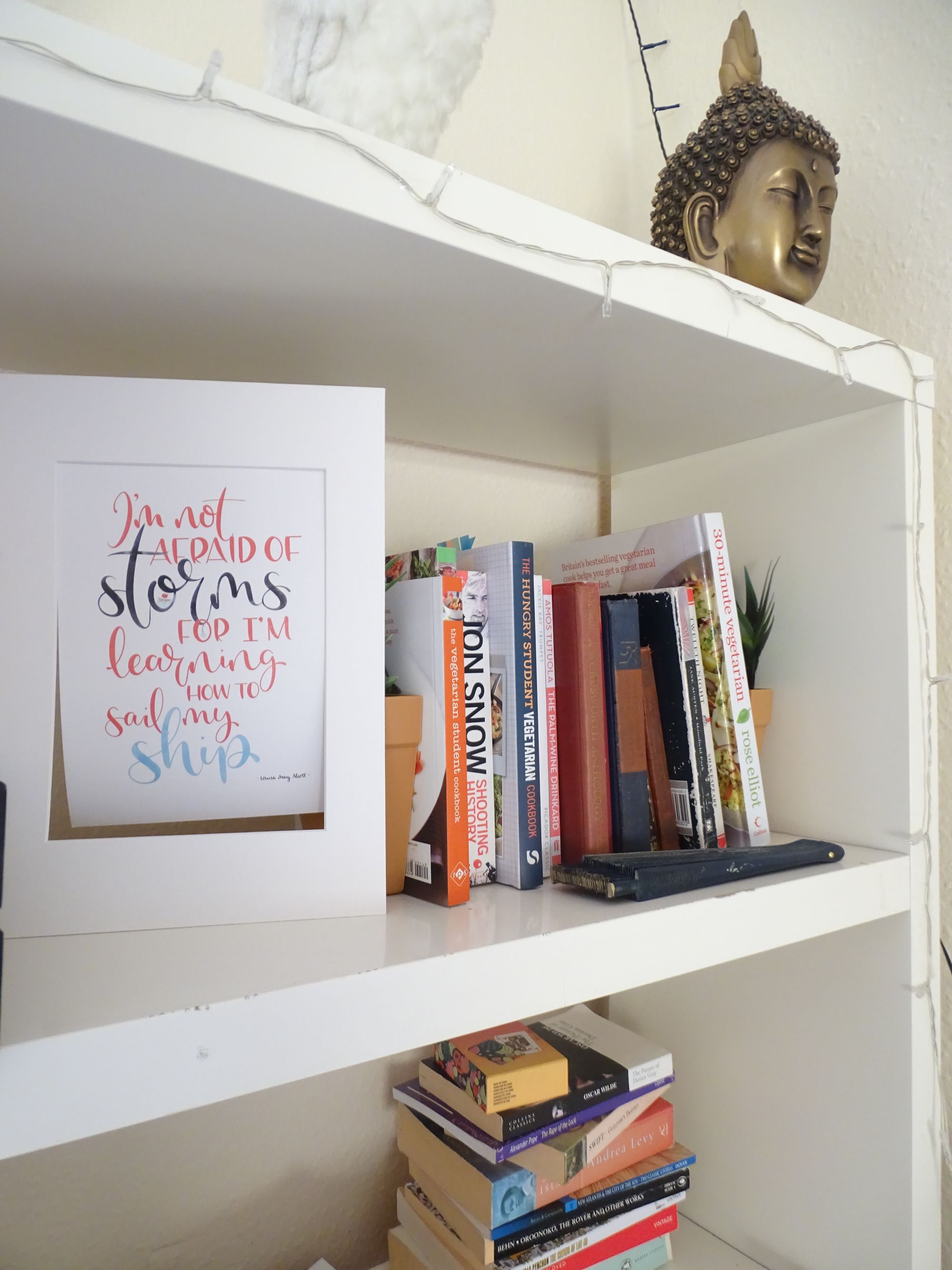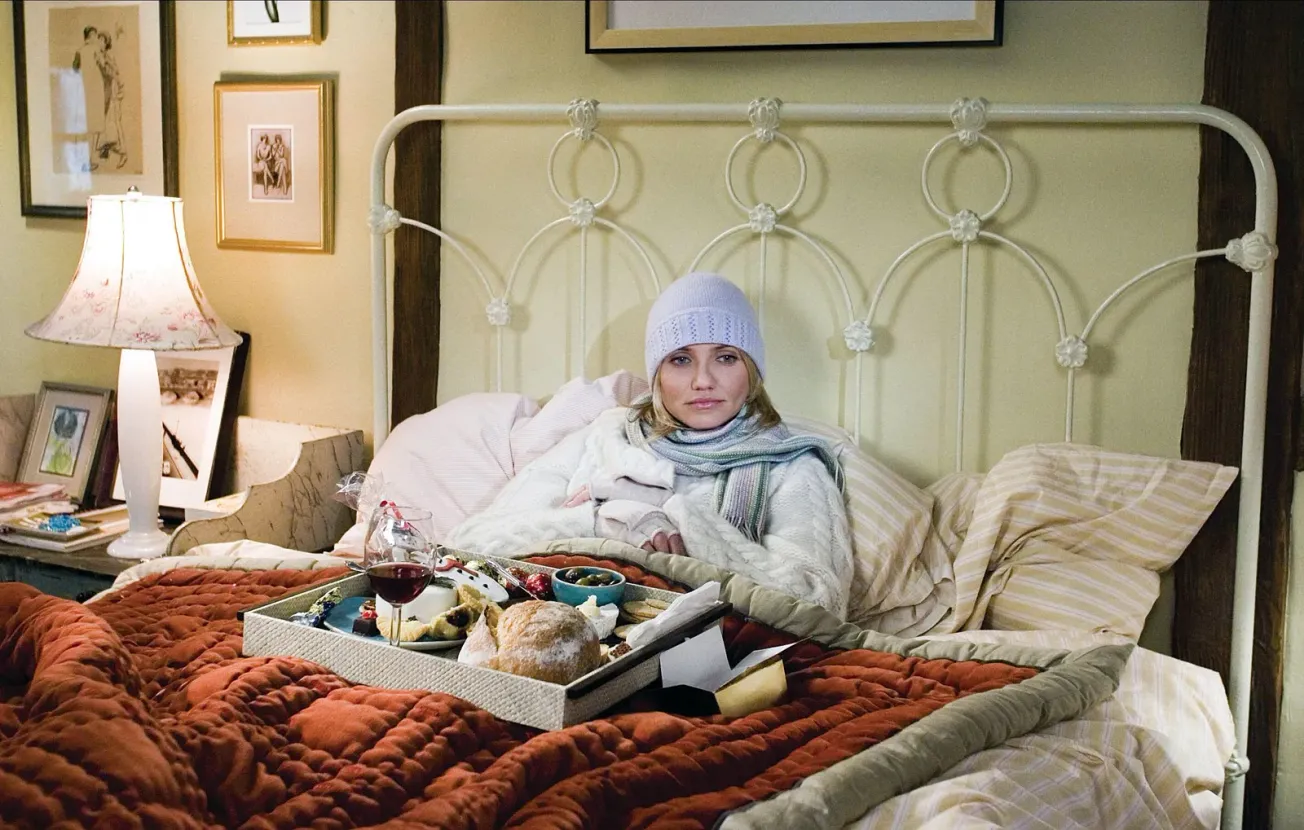by Jennifer Gallagher, Second Year, Religion and Theology
The Croft // Jennifer Gallagher writes on her struggles with anxiety – heightened by stress about post-university life – and reiterates the importance of open societal discussions of mental health.
For as long as I can remember, I have obsessed over the idea of being liked, loved, wanted and adored. I regularly catch myself wondering, ‘what can I do to make her like me?’; ‘how can I make them think I’m cool/fun/kind/pretty?’ Worst of all I catch myself mirroring the behaviour of my peers to meet social expectations.
This type of angst has resided in my mind for as long as I can remember. It is not constantly awake or nagging, but it is always present – threatening to interrupt my day, my conversations and my relationships.

Sometimes it is obvious what causes it: a specific incident or comment that triggers a chain-reaction of thinking, doubting and questioning both myself and others. Yet, other times it throbs arbitrarily, chipping away at things that are good and positive. For example, I feel anxious whilst writing this piece: anxious that I am not writing about anxiety in the right way.
I am always quick to normalise my anxiety, reminding myself that I am tired or hungover or 21 years old. Yet, sometimes I wonder why I accept the deep pit in my stomach as inevitable, and why I ignore and accept it like a new scar or a sobbing baby.
I found myself comparing the train I missed a few weeks ago (frustrating, unchangeable) with my attitude towards anxiety. I not only feel powerless in the face of my own anxiety but often find myself listening to my peers’ experiences, offering empty advice and feeling unqualified to counsel or advise in the midst of my own chaos.

I can ashamedly admit that I silently question those who bravely admit to their anxiety, not because I believe them to be lying or overreacting, but because I treat them with the same explaining-away procedure that I put myself through.
In my research on experiences of anxiety, I have found it to be continuously linked to one word: pressure. This pressure is wide-ranging and often elusive, sitting deep in the realms of university debt, rise in graduates, expectations of our parents and society.
This pressure is wide-ranging and often elusive, sitting deep in the realms of university debt, rise in graduates, expectations of our parents and society
It lives in our personal worries, be those financial, social or personal. It eats at insecurity and fear, feeding off itself in a cycle. There is an endless public dialogue about the increasing pressure on young people.
My parents often say it softly with sympathetic eyes over dinner, as they ask if I have begun applying for summer internships yet. But to add to this, I believe that with the luxury of increased choice (notably as young women), comes a silent pressure to do it all, and have it all.
We are raised to believe that we can do anything we want, which translates to doing everything we can and so when the glass ceiling is shattered, we are faced with a terrifying number of possibilities; our lives are no longer prescribed for us.

Whilst this is a pessimistic take on the advancements of modern thinking, I believe that there is some comfort to be found in reminding oneself that anxiety is not a new emotion. It is a natural, genetic human condition, and we should celebrate our increasing ability to have open conversations about it, even if they appear to highlight its scary extent.
Young people's anxiety levels near doubled during first COVID-19 lockdown
Alternative wellbeing series: aromatherapy for student-friendly stress relief
Luckily, my anxiety has never felt crippling or chronic. Sufferers report not being able to leave the house and relying on a cocktail of pills to feel ‘normal’. I am aware of how lucky I am to have the privilege of going to the party, and self-indulging in what the guests thought of me afterwards. I am aware that many people cannot make it to the party.
We can hope that increasing awareness of anxiety will create an increasing demand for a solution, and we cannot deny that the conversation on mental health generally has opened up massively in the last few years. As I said before, I feel unqualified to offer advice, and so will only say that I am attempting to be more honest with myself and to accept my anxiety gently when it decides to surface.
Featured image: Epigram / Eve Coleman
If you're struggling with anxiety, here are a few resources that you may find helpful:
Bristol Nightline 01179 266266 (term-time only)
Vitaminds NHS mental health service









